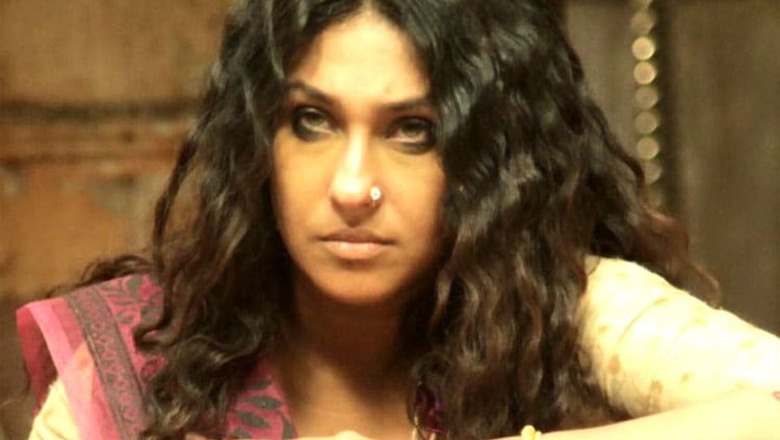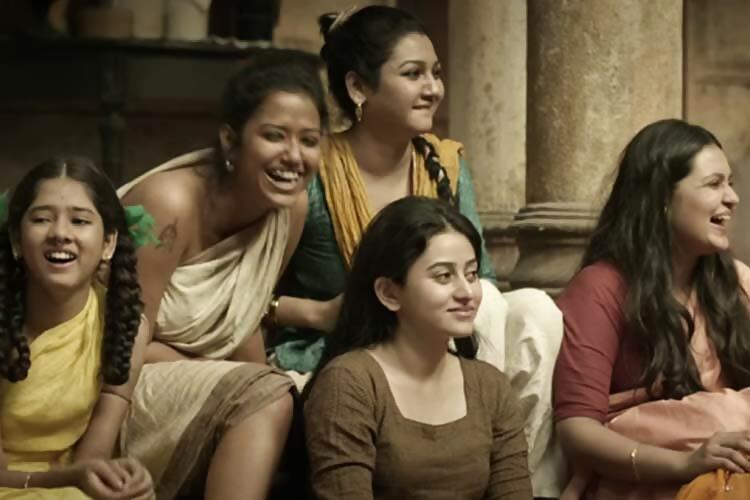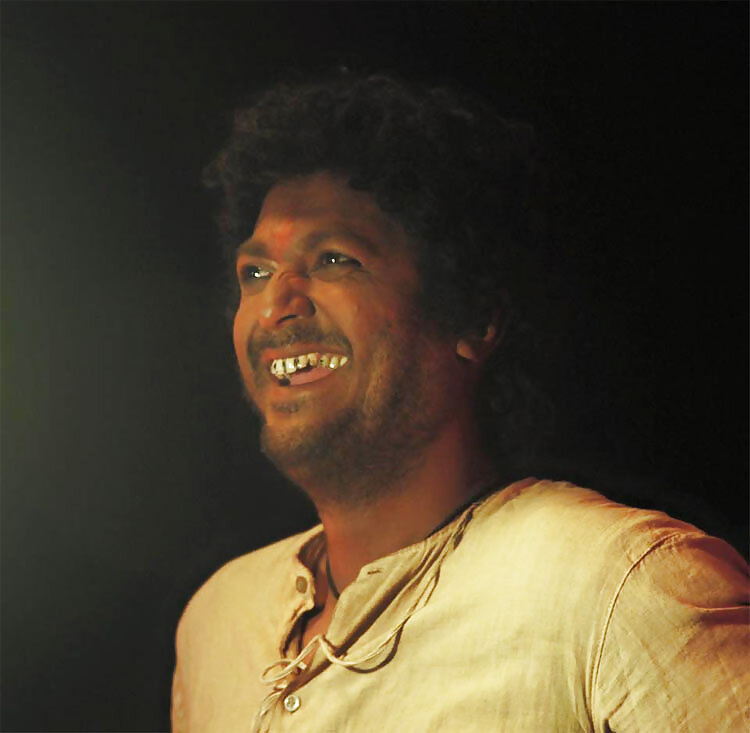
views
Cast: Rituparna Sengupta, Saswata Chatterjee, Abir Chatterjee, Sudipta Chakraborty, Sohini Sarkar, Jisshu Sengupta, Kaushik Sen
Director: Srijit Mukherji
The first scene of Srijit Mukherji’s film 'Rajkahini' shows a make shift hospital where a distressed father comes in to identify his missing daughter. The daughter was dumped near the medical camp after being brutally raped by a group of men. Staring blankly at the roof, the young girl doesn’t respond to her father’s plea to react. She only reacts when the doctor, standing at the end of her bed instructs the ward boy to open the window “Jalna ta khule de,” he says, to which the girl slowly wakes up and starts tugging at the strings of her pajama and slowly easing herself out of it- almost mechanically as the three men in the tent stare at her horrified. The scene sets the tone of the film very well. It is dark, brutal and leaves the viewers numb with its rawness.
Films on partition have been made before; most of them narrating tales of the brutal scars that it left on the people of the sub continent. From leaving one’s property and wealth and resettling in an unknown land to the harrowing riots that broke out during partition, the scars run deep and passed through many generations. ‘Rajkahini’ narrates one such tale but of those who are the most ignored in the society- the prostitutes.
Begum Jaan (Rituparna Sengupta) runs a brothel which falls right on the border that is to be created to divide Bengal- one half will remain in India and the other half will be called East Pakistan. Officials Sen (Saswata Chatterjee) and Ilias (Kaushik Sen) representing their respective governments deliver the sermon to Begum a month in advance so that she and the other inhabitants can move out. Needless to say, the women resist it with all their might.
With a story like this and an enormous star cast, Mukherji weaves a brutal, intricate tale of love, deceit, patriotism and oppression. When the country gains independence, the brothel lights up with its occupants celebrating the new freedom- but the same people are not even considered as really the citizens of any country when the partition takes place. They are just ordered to vacate the house- not claimed by any side. A poignant moment in the film has Sengupta telling the officials of the two countries that politics of a nation doesn’t really decide anything about their fate. They are discriminated and shunned by the society at large- yet are always there when one seeks pleasure. In fact the whole house erupts into laughter when they realize that how preposterous the preposition is – that a line will run through the courtyard of their house.

Mukherji uses several metaphors in the film brilliantly. A storm brews as the officials break the news to Begum and her girls- giving an indication to the storm that is about to uproot them from their homes. The protagonists are prostitutes belonging to different casts and religion-yet they inhabit the same house- eat and live together and ultimtaley fight to death for each other indicating that divisions made on the basis of religion is man made. In fact, a character called Kabir says cheekily that how he become a Hindu or a Muslim as per convenience.
While the film is full of moments that alternately bring a lump on your throat and rattle you with its realism, there are certain loopholes in the narrative that are hard to miss. No where is it mentioned that why the women resist the new diktat of moving out so much. As a viewer I was hoping to get back stories of the women- but only the back story of two women, including Begum jaan, are told. Since it is a women-centric film, one would hope that a lot of detailed character sketch would be given of these characters. Perhaps the scale at which the film is set, it is not possible to provide so much details in an narrative. Lot of scene are left rather unexplained. And the climax seems unnecessarily stretched.
Despite the said flaws, the film creates a numbing impact mainly because of superb performances and its unabashed raw narrative. While Rituparna stands out for her strong performance as Begum Jaan (despite a very forced husky baritone) actress Sohini Sarkar manages to stand out as the loud Duli. Sengupta, a seasoned actress, makes Begum Jaan, the authoritarian, mother-like madam a memorable character and she takes the story forward on her able shoulders. Among the actors, its Jisshu Sengupta, in an extended cameo, who steals the limelight. Of course, veterans like Kaushik Sen and Saswata Chatterjee deliver fine performances, but Sengupta camouflages himself into the disgusting, gory contract killer Kabir so well that one can’t take their eyes off him. As Kabir, he is menacing, ruthless and repulsive.

So is ‘Rajkahini’ worth a watch? Yes, for sure. Despite its glaring flaws and over stretched climax it makes for a compelling watch. But it is not for the faint heart. It shakes you up, it makes you sit up from a deep slumber of comfort and all things good and re-visits a past that is so gruesome that you cannot stop thinking about it much after the film gets over.
Rating: 3.5/5




















Comments
0 comment